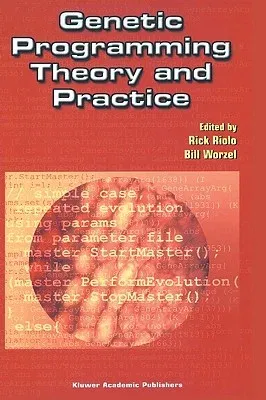Genetic Programming Theory and Practice explores the emerging
interaction between theory and practice in the cutting-edge, machine
learning method of Genetic Programming (GP). The material contained in
this contributed volume was developed from a workshop at the University
of Michigan's Center for the Study of Complex Systems where an
international group of genetic programming theorists and practitioners
met to examine how GP theory informs practice and how GP practice
impacts GP theory. The contributions cover the full spectrum of this
relationship and are written by leading GP theorists from major
universities, as well as active practitioners from leading industries
and businesses. Chapters include such topics as John Koza's development
of human-competitive electronic circuit designs; David Goldberg's
application of "competent GA" methodology to GP; Jason Daida's discovery
of a new set of factors underlying the dynamics of GP starting from
applied research; and Stephen Freeland's essay on the lessons of biology
for GP and the potential impact of GP on evolutionary theory.
The book also includes chapters on the dynamics of GP, the selection of
operators and population sizing, specific applications such as stock
selection in emerging markets, predicting oil field production, modeling
chemical production processes, and developing new diagnostics from
genomic data.
Genetic Programming Theory and Practice is an excellent reference
for researchers working in evolutionary algorithms and for practitioners
seeking innovative methods to solve difficult computing problems.

